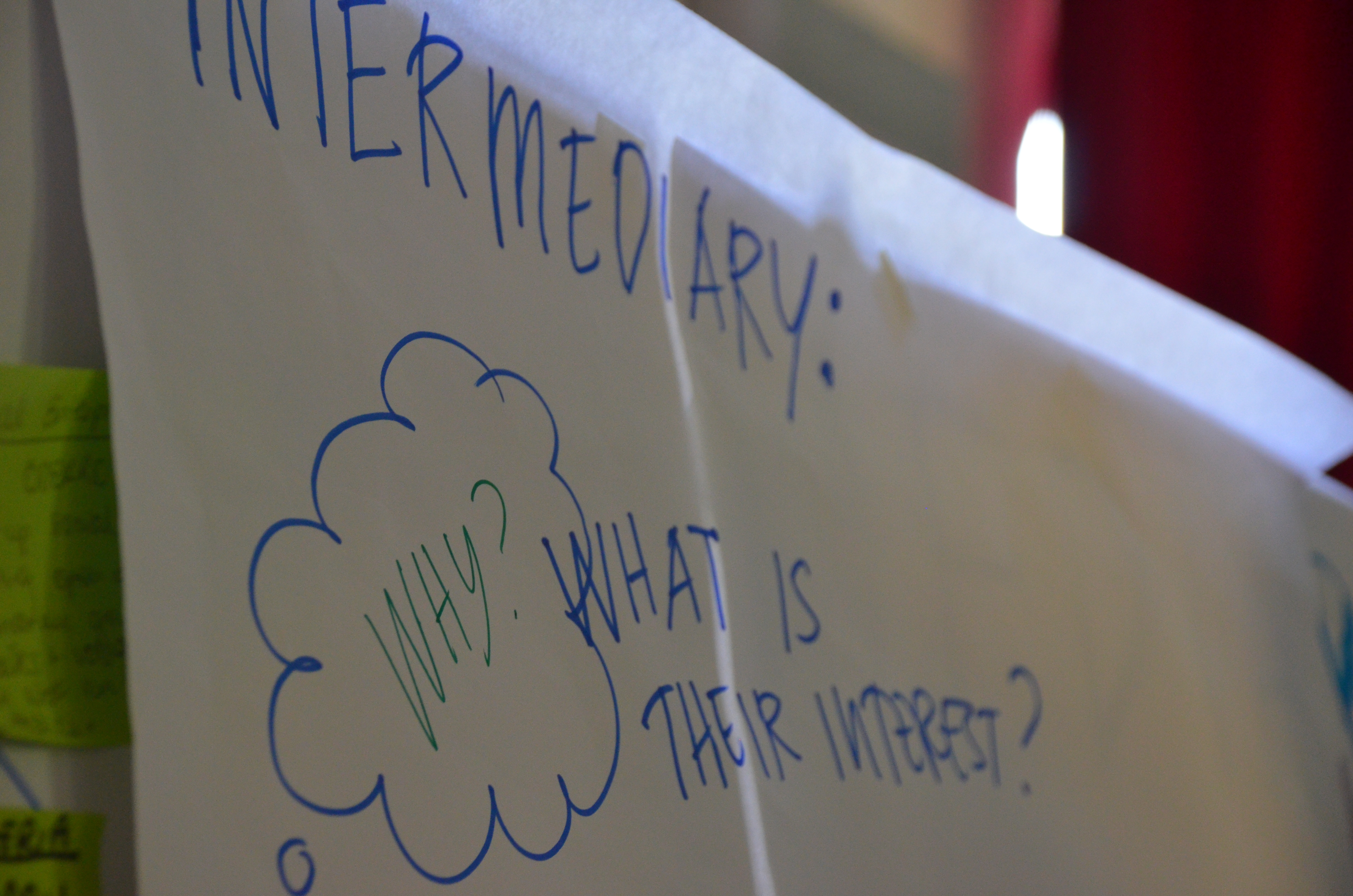This post was first published on SpicyIP here.
Over the course of 2014, we have seen a multitude of blocking orders pass through the hallowed walls of our courts. Some of the most curious things about these orders are that they were, mostly, ex-parte, John Doe orders, aimed at websites rather than specific content, and the cause of actions was that infringement was ‘likely’ to occur. I’m going to be dealing with the last two of the issues in detail, while the first issue has already been dealt with by Prof. Shamnad Basheer here.
Quick Review
The concept of Intermediary Liability is essentially based on the incentive principle, which is discussed in detail here. To put it simply, intermediaries are usually granted a level of immunity from prosecutions on the ground of their content, contingent on the level of editorial control they practice over their website or service. This immunity is granted because if the intermediaries are to be held liable for each and every item on their website that infringes copyright or breaks any law in force, it creates a ‘chilling effect’ insofar as it creates a disincentive for the intermediary to host content that lies in legal grey areas. This also makes economic sense, as this immunity allows the intermediaries to host more content, and their entire business model is usually based on that.
Therefore, in principle, intermediaries are to be given a fair amount of leeway with the content they host, in the interests of promoting free speech, as long as they do not have ‘knowledge’ of the fact that they are hosting illegal content, and do not exercise any ‘editorial control’ over it. The notice-and-takedown method comes in with regards to the former – if the intermediary receives notice that some content being hosted by them is violating an existing law, they then have a set time-period, which is thirty-six hours in India, in which they have to take the offending content down.
The Law as it Stands
The above principles have, supposedly, been incorporated into the Indian law to a limited extent, with Section 79 of the Information Technology Act and the Intermediary Guidelines framed under it. But in practice, a lot of issues have arisen on this count in the past, one of the most relevant of which is the case of Super Cassettes v. MySpace, which came before the Guidelines were notified.
The Burden on the Intermediaries
Now, the fact is, intermediaries like YouTube, PasteBin, et al., usually do not have the resources to go through all the content that is posted to their services with a fine-toothed comb. Furthermore, asking these intermediaries to decide what should be hosted and what should not be hosted is tantamount to asking them what is legal and what is not legal – that is, asking a private entity to make a judicial decision, that too a decision which directly affects a person’s freedom of speech.
Blocking Websites
Therefore, blocking an entire website, rather than just the infringing link, without any evidence to support the claim that the websites supported or sought out illegal content or had reasonable knowledge of the fact that the content hosted by them was illegal, or a high level of editorial control by the owners of the website, flies right into the face of the very principle of Intermediary Liability, and therefore free speech.
When the entire website is blocked, the implication is that its actions have overstepped the bounds of the immunity granted to it, and it is therefore liable for the content that it is hosting. Therefore, the effect of these decisions is that the threshold for the immunity given to the intermediaries is brought down.
Actual infringement/cause of Action
Moreover, in the FIFA broadcast case and the Bang Bang order, there was actually no evidence to support a liability on account of the intermediaries, and the order was passed against these websites because they were ‘likely’ to host the content in question. In all these cases, the question of ‘reasonable knowledge’ and ‘editorial control’ weren’t actually dealt with by the Courts!
The cumulative effect of these cases is that a higher burden is placed on the intermediaries with regards to the content they host. They are therefore required to essentially check all the contenton their websites (which is inherently impractical, and new technologies like YouTube’s ContentID can only do so much) and make a call regarding its legality. If they misjudge anything or let something slip through the cracks, they may face legal consequences.
A Line in the Sand
There is a slight but crucial point that must be pointed out here, a line in the sand of sorts. All of the above cases are cases that involve copyright claims, and with some legitimate claims of copyright violations by the links posted on the website. Therefore, the link between these cases and freedom of speech can be argued to be tenuous.
But the fact of the matter is, the judgments that have been discussed here actually make the law of the land, even if to a fairly limited extent. The ‘chilling effect’ is created in the minds of the owners of the intermediaries regardless of whatever law the cases were about. Intermediaries are necessarily going to think twice about hosting anything remotely in a legal grey area.
Future Developments
Therefore, the law, as it stands today, puts the intermediaries in between a rock and a hard place, and the free speech of the citizens of India at risk. The MouthShut.com case that is currently being argued in the Supreme Court is essentially on the same issues, regarding the burden placed on intermediaries under Section 79 of the IT Act and the Guidelines. The outcome of this case will be crucial for determining the boundaries of free speech on the Internet in India.
